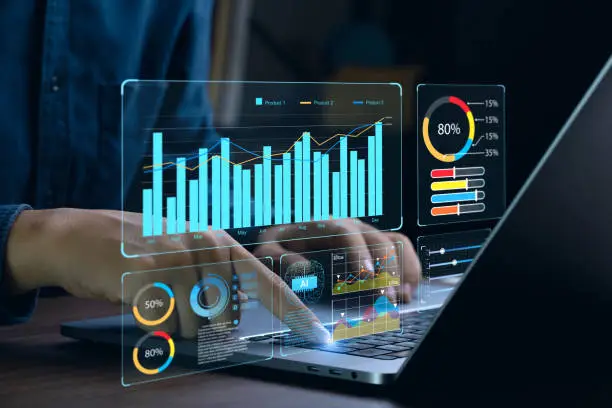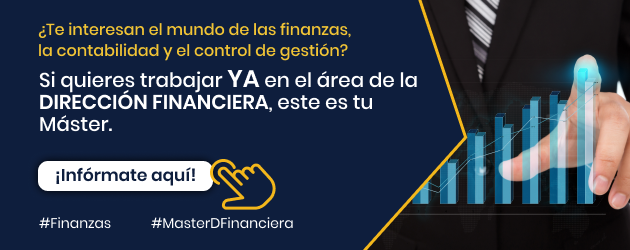Artificial intelligence
The artificial intelligence (AI) has become a driving force in the transformation of the economic world in recent years. From automating business tasks to data-driven decision making, AI has fundamentally altered the way businesses operate and compete in the global marketplace. In this article, we will explore how artificial intelligence has revolutionized the economic world and what its implications are for the future.
Automation and efficiency
One of the most notable aspects of AI in the economic world is its ability to automate repetitive tasks and increase efficiency in various sectors. Thus, companies can use machine learning algorithms to optimize processes, reduce costs and improve productivity. This translates into more efficient use of resources and greater profitability.
Informed decision making
AI has significantly improved the ability of businesses to make decisions based on solid data and accurate analysis. Algorithms can analyze large data sets and extract valuable information to support strategic decision making. This is especially useful in areas such as supply chain planning, where AI can predict demand and optimize inventory management.

Customization of products and services
AI has also enabled greater personalization in the offering of products and services. Companies can use recommendation algorithms to offer customers specific products that fit their individual preferences and needs. This not only improves the customer experience, but can also increase conversion rates and customer retention.
Market Sentiment Analysis
AI has revolutionized the way market sentiment is analyzed. Natural language processing algorithms can examine millions of news stories, social media comments and other online data to gauge the mood of investors and the general public. This information can be valuable in predicting movements in financial markets and adjusting business strategies accordingly.
Greater competitiveness
The implementation of AI has led to greater competitiveness in the economic world. Companies adopting AI technologies can make faster and more accurate decisions, which gives them an advantage over their competitors. Those that do not adopt AI risk falling behind and missing out on market opportunities.
Challenges and ethics
Despite the benefits, AI in the economic world also poses challenges and ethical considerations. Automation of jobs can result in job displacement, requiring re-education and training of workers. Besides, AI raises questions about data privacy and transparency in algorithmic decision making. It is essential to address these challenges responsibly to ensure a balance between economic efficiency and social well-being.
Finally, we can indicate that artificial intelligence has revolutionized the economic world by automating tasks, improving decision making, personalizing products and services, analyzing market sentiment and increasing business competitiveness.. While it presents challenges and ethical concerns, AI remains a powerful tool that will drive innovation and growth in the economic world for years to come. Companies that embrace this technology and use it strategically will be better positioned to thrive in the economy of the future.
Don't miss all the latest news in the Financial area from the best professionals in the sector in our Master in Financial Management, Accounting and Management Control.




































